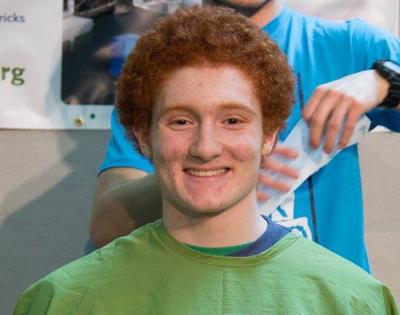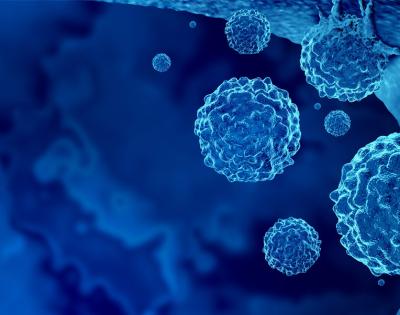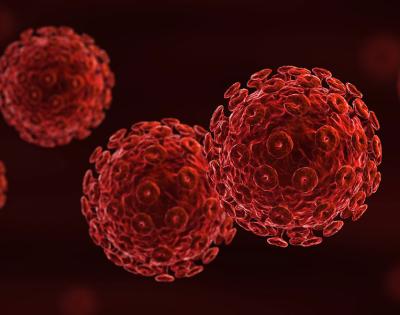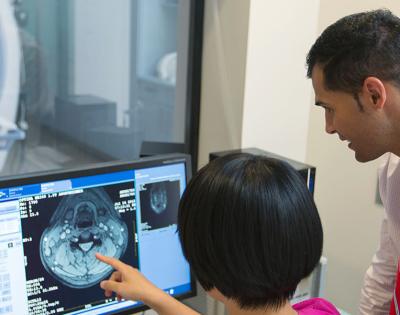Case Comprehensive Cancer Center

April 22, 2019
The Case Comprehensive Cancer Center invites the campus community to The Race, the 16th-annual fundraising event in support of innovative breast cancer research Sunday, May 12, at 7:30 a.m. at Legacy Village (25001 Cedar Road, Lyndhurst). The Race features a 5K or a 1-mile walk/run and fun…
March 21, 2019
The 2019 American Association for Cancer Research (AACR) Annual Meeting will take place Friday, March 29 through Wednesday, April 3 in Atlanta, GA. The AACR Annual Meeting program covers the latest discoveries across the spectrum of cancer research—from population science and…

March 08, 2019
Each year for the past seven, sophomore nutrition major
Nedal Eid has grown out his hair in anticipation of the one day he’ll have it
all cut off. That day is today (March 8). Eid will participate in the
Shave It Off fundraiser for St. Baldrick’s Foundation, an organization that
supports childhood…
February 28, 2019
Alok Khorana, MD Time from new cancer diagnosis to starting treatment has increased over the past two decades - the median time to treatment at large academic centers is over six weeks. Delays in treatment are potentially linked to worse survival in certain cancers, especially…

February 26, 2019
Researchers block two cancer cell signaling pathways and slow tumor growth Blocking two molecular pathways that send signals inside cancer cells could stave off esophageal adenocarcinoma (EAC), the most common esophageal malignancy in the United States, according to new research from a team led by…

February 25, 2019
The Case Comprehensive Cancer Center invites the campus community to attend the third annual Cancer Disparities Symposium Friday, March 1, from 7:30 a.m. to 4 p.m. at Tinkham Veale University Center. Symposium speakers will include prominent researchers, clinicians and community organizations…

February 04, 2019
Two projects focus on racial disparities in colorectal and breast cancer
The Case Comprehensive Cancer Center received a three-year, nearly $3.2 million grant from the National Cancer Institute to investigate colorectal and breast cancer health disparities. The grant is one of only four Specialized…

January 29, 2019
Members of the Case Western Reserve University community are invited to participate in the 2019 Shave It Off event to support the St. Baldrick’s Foundation. This year’s event will be held Friday, March 8, from 7 a.m. to 6 p.m. in the University Hospitals Rainbow Babies & Children's Hospital…

January 16, 2019
National Institutes of Health funded research to study cancer patients with HIV/AIDS
AIDS patients suffer higher rates of cancer because they have fewer T-cells in their bodies to fight disease. But new research examines why HIV-infected patients have higher rates of cancer—among the leading causes…

January 10, 2019
Case Western Reserve researchers pioneer new computer imaging method to detect likelihood of cancer based on changes in blood vessels and regions outside tumor
Scientists in Anant Madabhushi’s computational imaging lab at Case Western Reserve University have started thinking outside the box—or in…

